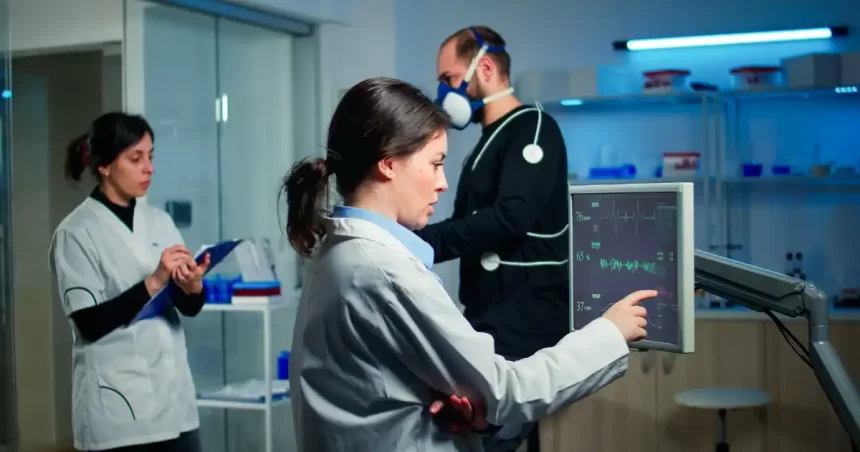What Is a 24-Hour Holter Monitor? A 24-hour Holter monitor is a small, wearable device that records your heart’s electrical activity for a full day. It works like an extended EKG (electrocardiogram) but captures 24 hours of data instead of just a snapshot. Doctors use it to determine if your heart is beating too fast, too slow, or irregularly.
Why Would You Need One?
Sometimes, heart problems don’t show up during a regular checkup. They may come and go during the day or night. A 24-hour Holter monitor helps your doctor see what your heart does during everyday activities, like walking, eating, or sleeping. You may be asked to wear one if you have:
- Dizziness or fainting spells
- Irregular heartbeats (arrhythmias)
- Chest pain not explained by other tests
- A racing or slow heart rate
- Unexplained fatigue
How Does It Work?
The Holter monitor has wires connected to small pads (electrodes) on your chest. These pads pick up your heart’s signals and send them to the monitor, which records the data. You wear the device on a belt or strap for 24 hours, including sleeping.
During the test, you’re encouraged to follow your normal routine. You’ll also keep a diary to note when you feel symptoms, like chest pain or dizziness, so that the doctor can compare the notes to the monitor readings.
What to Expect During the Test
Here are some key things to know:
- The test is painless.
- You can’t shower or bathe while wearing the monitor.
- Avoid magnets and metal detectors.
- Try not to touch or move the electrodes.
After 24 hours, you return the device to your doctor or clinic. A specialist reviews the data to see how your heart was working.
What Can the Results Show?
The Holter monitor can help find:
- Abnormal heart rhythms (arrhythmias)
- Changes in heart rate linked to daily activities
- Signs of poor blood flow to your heart (ischemia)
- Why you might be feeling tired, dizzy, or weak
The results help your doctor decide on the next steps. You might need more tests, medicine, or lifestyle changes based on the monitor’s record.
Who Benefits from a Holter Monitor?
People of all ages may need a Holter monitor if they have unexplained heart symptoms. It’s safe and noninvasive, making it a good first step in checking for heart problems. It’s beneficial if your symptoms are irregular and hard to catch during short tests.
Conclusion
A 24-hour Holter monitor gives your doctor a detailed look at your heart’s rhythm over an entire day, even during your routine. Unlike a standard EKG that only records a few seconds, this test fully captures how your heart works over time.
It’s a simple, safe, and non-invasive tool that can uncover heart problems that might not appear during a regular doctor visit or a short test. Some heart issues come and go and are easy to miss unless you’re being monitored for a longer period.
If you’re feeling dizzy, tired, or your heart feels like it’s skipping beats, this test could help pinpoint the problem. The results can guide your doctor in giving you the right treatment, whether that means medication, lifestyle changes, or further tests.


Leave a Reply